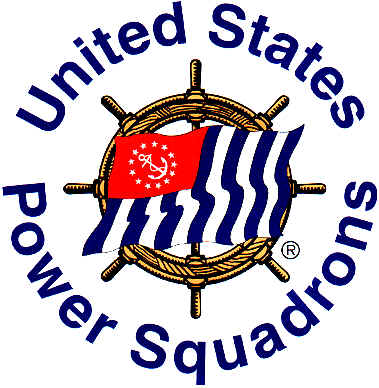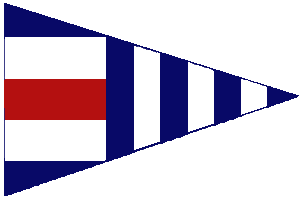

United States Power Squadrons®
Come for the Boating Education....Stay for the FriendsSM
Chattanooga Sail and Power Squadron


United States Power Squadrons®
Come for the Boating Education....Stay for the FriendsSM
Chattanooga Sail and Power Squadron
Building on the foundation of the Boating Class, the usual approach is to take Seamanship, Piloting and Advanced Piloting in sequence after joining the squadron. These three classes cover the fundamentals of boat operation and navigation for the Tennessee waterways and the near costal waters.
Advanced Piloting can be followed by the Celestial Navigation series. The advanced grade classes build one upon the other as represented by the S, P, AP, JN and N letters following people's names.
Perhaps you would like to take some of the electives such as Marine Electronics, Sail or Weather. The electives do not have any prerequisites or preferred order, although Seamanship is usually taken first.
Classes are low cost, members are charged only for the cost of the materials. Non-members are charged an additional fee.
|
Welcome to
America's Boating Course
This is a basic introduction to boating course that does not assume any prior knowledge of boating. The student learns-
Building on the basics learned in Boating, the Seamanship course is an important foundation for other "advanced grade" courses. The student learns -
Welcome to Piloting -- Coastal Navigation IThis course is the first of a two-part program studying inland and coastal navigation. Its focus is on the fundamentals of piloting, keeping track of a boat's movements, determining one's position at any time and laying out courses to a planned destination. Included are subjects such as -
Welcome to Advanced Piloting -- Coastal Navigation II This course is the final part of the inland and coastal navigation series. Its emphasis is on the use of modern electronic navigation systems and other advanced techniques for finding position. Among topics covered are -
Welcome to Junior Navigation -- Celestial Navigation IJunior Navigation is the first in a two-part program of study in offshore navigation. It is designed as a practical "how to" course. Subject matter includes -
Return to top... Welcome to Navigation -- Celestial Navigation II This course is the second part of the study of offshore navigation, further developing the student's understanding of celestial navigation theory. The course covers -
Welcome toEngine MaintenanceThis course attempts to make students more self-reliant afloat, with trouble-diagnosis and temporary remedies given special emphasis. It covers both marine gasoline and diesel engines, including concepts of operation, maintenance and repair of -
Welcometo WeatherThe safety and comfort of those who venture out on the water has always been weather dependent. In this course students will become keener observers of the weather and learn the basic principles of meteorology including -
Welcome toMarine Electrical SystemsThis course teaches essential knowledge about a boat's electrical systems, including -
This course teaches essential knowledge about Marine local and worldwide communications and safety systems, including -
Return to top... Welcome to SailThis class is to cover the needs of the novice and experienced sailor, as well as the non-sailor, for basic skills and knowledge. It cover such topics as-
Welcome toCruise PlanningThis course is designed for members who plan to cruise for a year or just a weekend - in either a sail or power boat. It covers such topics as -
Welcome to Instructor Development
Unlike other USPS courses, ID is not designed to enhance boating skills. Rather, it deals with effective communications for speaker and teacher - a quality that benefits the individual in all walks of life. It is required for all public boating instructors. It offers practical instruction in -
|
|||
|
Privacy Policy Trademarks Disclaimer District 17 Web Site National Web site |